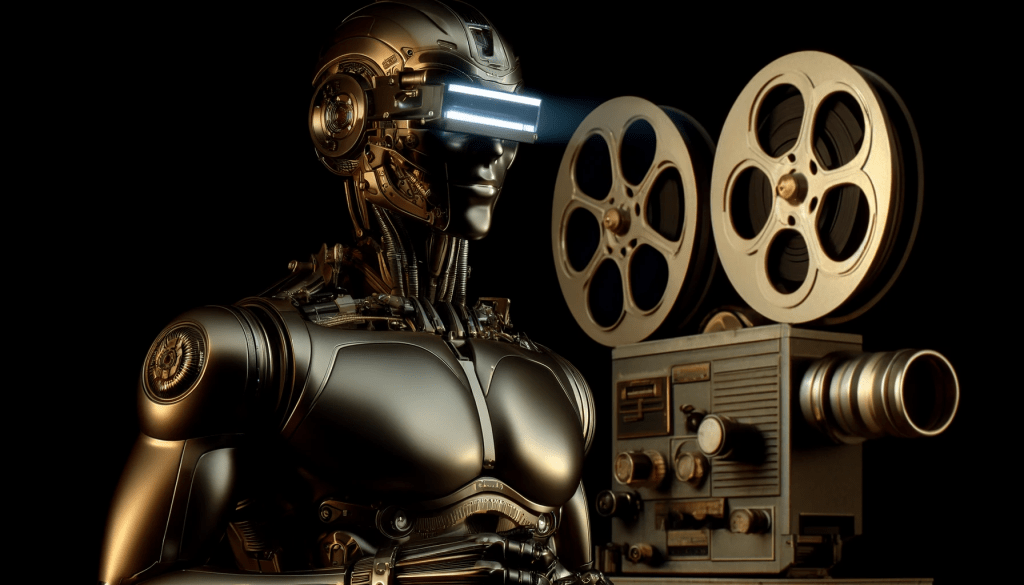Join our daily and weekly newsletters for the latest updates and exclusive content on industry-leading AI coverage. Learn More
New York City-based AI startup Runway, backed by Google and others, is going to Hollywood.
Well, to be clear, it’s already been in use in Hollywood by filmmakers such as the creators of Academy Award Best Picture Winner Everything, Everywhere, All at Once. But today, Runway announced it has inked a deal with Lionsgate — the film studio behind John Wick and The Hunger Games and TV network STARZ — to build a custom AI video production and editing model.
To create the custom model, Runway will train upon Lionsgate’s library of more than 20,000 film and TV titles — among which include Francis Ford Coppola’s upcoming divisive film Megalopolis.
As such, this appears to be the first time a major film studio has signed a deal directly with an AI video model provider, a move likely to send even more shockwaves through an industry already in turmoil following the 2023 actors’ and writers’ strikes, during which AI usage by studios was a major sticking point.
A big boost for Runway’s aspirations to empower creators and change cinema
It’s a big boost for Runway’s aspirations in an increasingly crowded field of rival realistic AI video models such as Luma AI’s Dream Machine, Pika Labs’ Pika, Kuaishou’s Kling, and MiniMax’s Hailuo, not to mention OpenAI’s Sora. Most of the models are publicly accessible save for Sora, which remains invitation only for now, despite OpenAI announcing it more than 7 months ago.
According to The Wall Street Journal, Lionsgate aims to initially use the Runway’s technology initially on storyboarding, background creation and special effects, especially for the many action titles and scenes it delivers, which by nature can be costly, elaborate, time-consuming and dangerous to pull off.
Most AI video models can only generate clips of a few seconds in length and controlling the actual output is challenging, finicky, and unpredictable. Yet they can produce realistic moving imagery including fantastical effects in mere seconds, making them useful for filmmakers of all levels. While producing a full feature film with AI alone is not likely in the near term of the next several months, the tech is already aiding in the production of segments of films and in shorts.
“We’re committed to giving artists, creators and studios the best and most powerful tools to augment their workflows and enable new ways of bringing their stories to life,” said Runway co-founder and CEO Cristóbal Valenzuela in a statement posted to Runway’s website. “The history of art is the history of technology and these new models are part of our continuous efforts to build transformative mediums for artistic and creative expression; the best stories are yet to be told, Lionsgate has an incredible creative team and a clear vision for how AI can help their work – we’re excited to help bring their ideas to life.”
A busy year for Runway
The news follows just days after Runway’s launch of an invitation-only application programming interface (API) for its newest AI video model, Gen-3 Alpha Turbo, which third-party software developers and companies can use to build AI video features into their own apps or new apps atop of.
It also comes on the heels of Runway introducing a new video-to-video capability in Gen-3 Alpha, meaning users can upload pre-shot video and have Runway’s AI model transform it and add new effects, characters, scenery, and styles. Previously, Gen-3 Alpha supported text-to-video and image-to-video prompting.
Runway recently concluded its third annual film competition for users, known as Gen:48, which asks indie filmmakers and small teams to create new videos using Runway’s AI models within a time period of 48 hours. The winners of the competition will be selected by a public vote online later this week.
Earlier this year, reports emerged that OpenAI, Meta, and Google were all courting Hollywood film studios and executives with their rival AI video products. It seems like Runway beat them all to the punch — at least as far as we know publicly.
And if Lionsgate or Runway is worried about the ongoing class-action lawsuit by visual artists facing the AI startup, they’re not saying it.
As with other AI video and image generators, a vocal group of critics contend that Runway’s move to allegedly scrape publicly posted images and videos by human creators — such as prior Hollywood film clips and originals posted to YouTube, according to a 404 Media investigation — constitutes mass copyright violations.
As such, these critics contend the company and other AI providers should face damages and/or be forced to cease and seek permission before training on publicly posted material.
Source link

